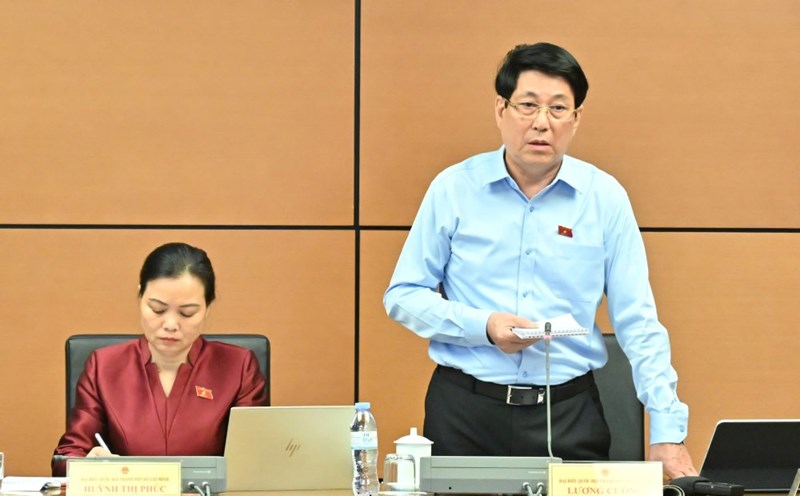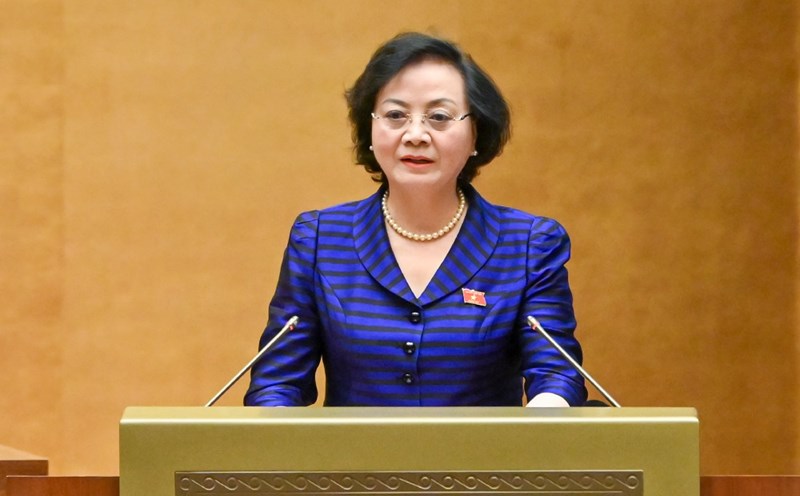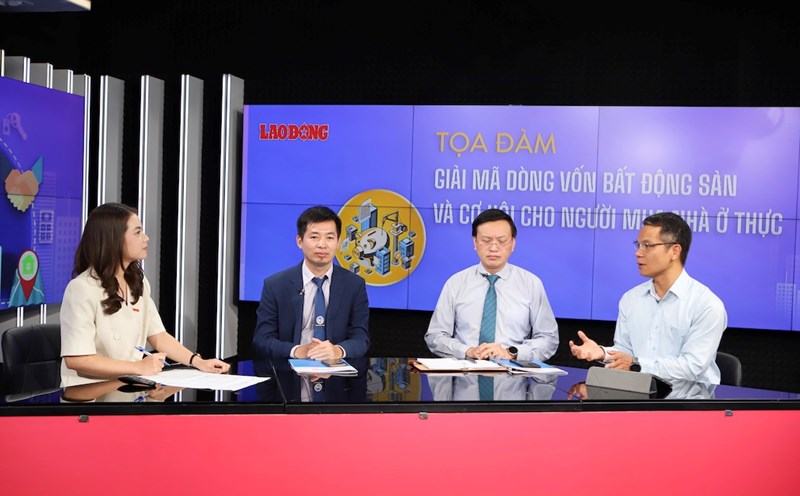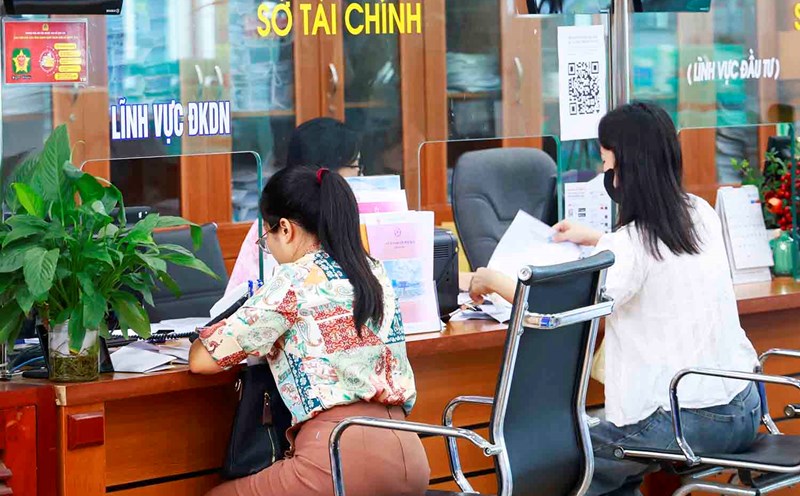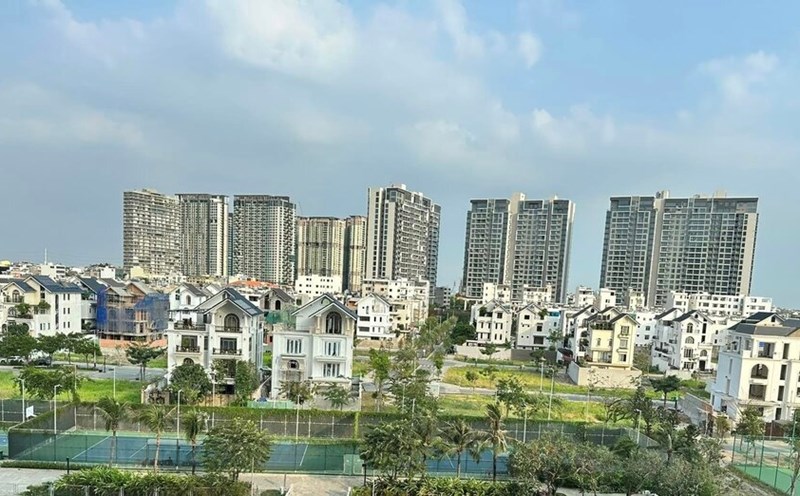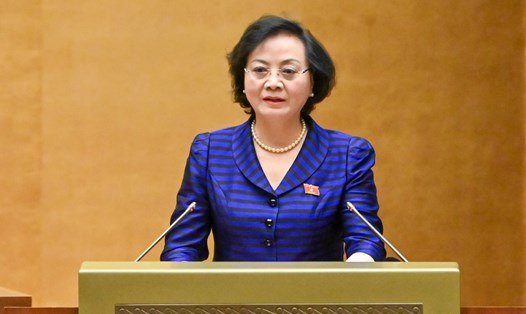On October 22, discussing in groups about the draft Law on Civil Servants (amended), Minister of Construction Tran Hong Minh said that the goal of the draft law is to clearly identify between civil servants and public employees in the state apparatus.
practice shows that the line between these two groups is not really clear, while the policy for civil servants is somewhat poorer.
According to the Minister of Construction, whether civil servants or public employees, when trained in the same system, they have equivalent dedication and striving, so policies and regimes need to be studied to move towards equality in labor and intelligence.
He said that it is necessary to conduct careful research to improve regulations and ensure their suitability to practice, especially in the field of higher education, where the autonomy mechanism is being implemented.
Many universities today are chasing the number of students to achieve autonomy, while the team of lecturers, professors, and associate professors, despite their many contributions to science and the country, are still just civil servants, facing difficulties if they want to switch to civil servants to contribute and work at public agencies, due to constraints (such as the requirement of a minimum of 5 years of work).
The Minister suggested considering removing these barriers, creating more flexible conditions for the use of talents in the public sector, especially highly qualified scientists and experts.
Regarding salary policy, the Minister pointed out the large gap between regions and between public service units. Establishments in large urban areas with conditions and good revenue have high salary funds; while units in mountainous and remote areas still have many difficulties in paying the minimum level.
Therefore, there needs to be a support mechanism, reasonable resource coordination, ensuring fairness and motivation for workers.
He cited: In the same field of higher education, in Ho Chi Minh City, there are schools with an average salary of 70 million VND/month, while other schools only have about 20 million VND/month. This situation leads to the shift of personnel from low-income places to high places.
Similarly, in the state-owned enterprise sector, there are places with salaries of hundreds of millions of VND/month, while cadres in administrative units receive much lower, although the workload and responsibilities are not small.
Therefore, the law needs to move towards the principle of fairness and equality in benefits, ensuring a reasonable correlation between labor groups in the public sector.
Regarding the assessment of civil servants and public employees, the Minister suggested that a common assessment scale should be built to avoid separation and overly strict or cumbersome regulations between the two blocks.
Regarding recruitment, the Minister emphasized the need for more flexibility, for example, in cases where students return to serve locally, especially in mountainous and remote areas, they should be recruited directly instead of applying the current poor recruitment exam standards.
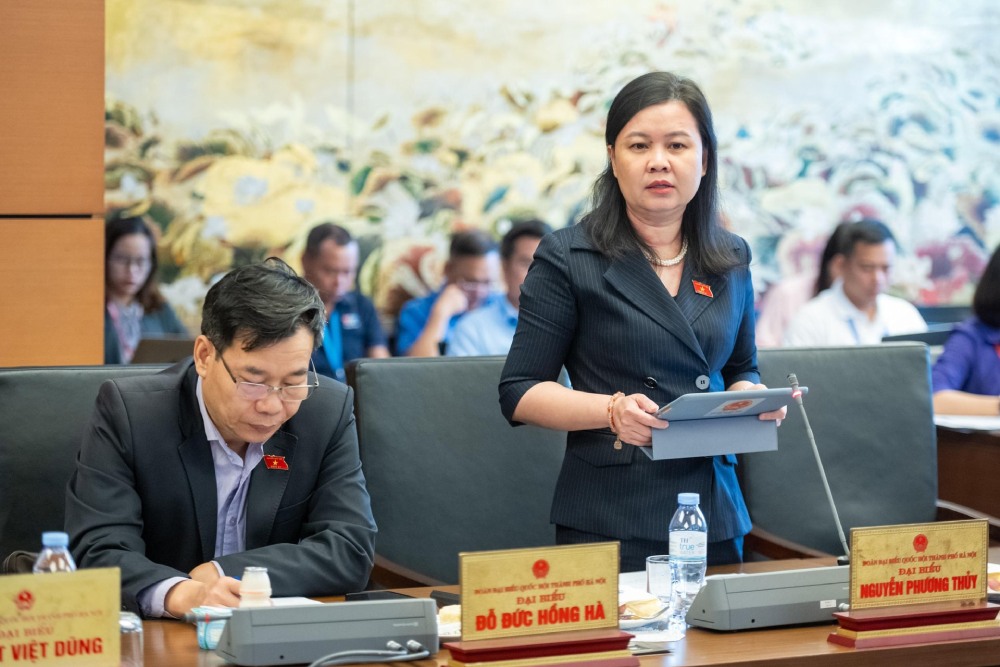
National Assembly delegate Nguyen Phuong Thuy (Hanoi National Assembly Delegation) proposed to have more specific regulations on the assessment rate based on output results and the direct role of assessment results in decisions on salary, bonuses, additional income, planning, appointment, training, and termination of contracts.
"There needs to be a unified national KPI assessment criteria framework and a synchronous electronic assessment system for civil servants to create a national database, ensuring transparency and verification", the delegate stated.

